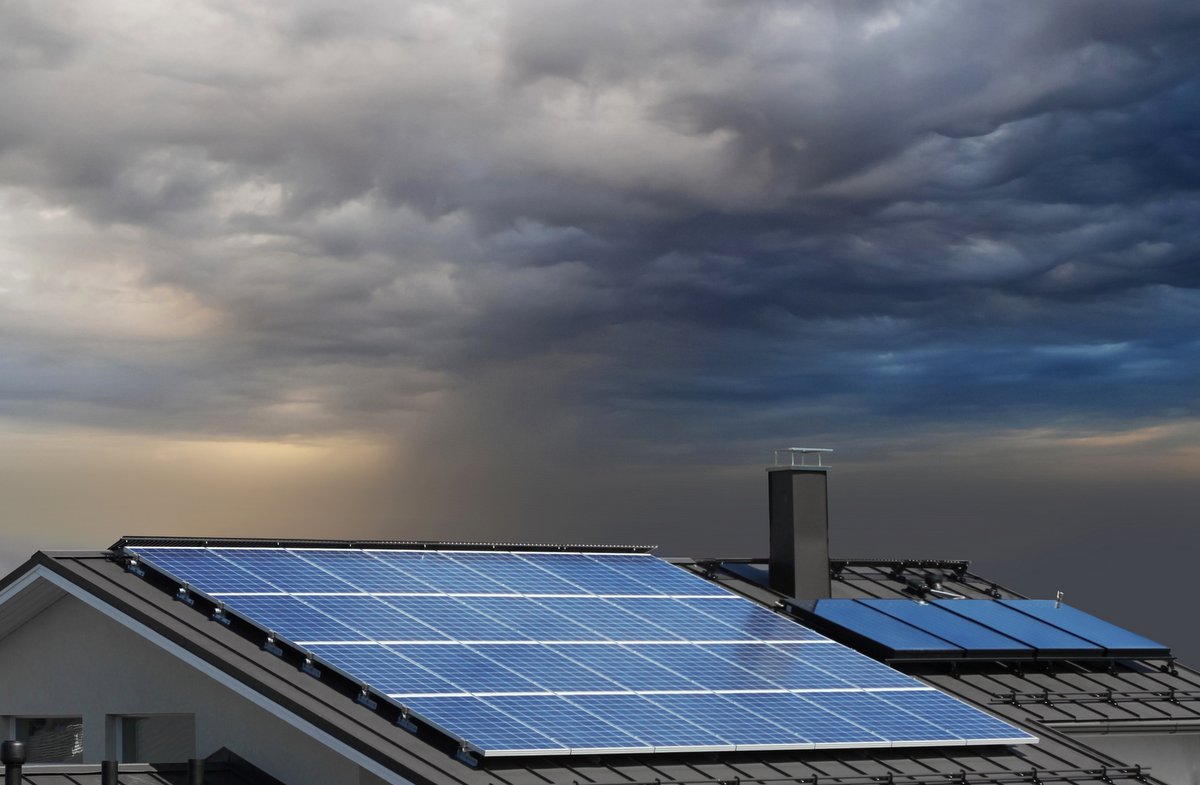Governors to Congress: energy permitting must move from “no and slow” to “yes and now”
Bipartisan group proposes sweeping NEPA, transmission, nuclear, and Clean Water Act fixes to speed energy build-out

A bipartisan coalition of 13 governors — led by Oklahoma Gov. Kevin Stitt and Pennsylvania Gov. Josh Shapiro — has sent Congress a detailed package of federal permitting reforms aimed at accelerating energy infrastructure of all types, including renewable generation, grid upgrades, nuclear, storage, and pipelines.
The letter states plainly that current processes “add costs and delays” and argues that a permitting system built for the past is now colliding with the surge in power demand from AI, data centers, electrification, and new industrial load. The governors ask Congress to enact reforms that are technology-neutral, apolitical, and administrable within predictable timelines so that “energy projects of all types can move forward.”
“When it comes to energy infrastructure, we need to move from no and slow, to yes and now,” said Maryland Gov. Wes Moore.
“If we want to power new homes and businesses, strengthen the grid, and double our capacity, we have to build like we used to,” added Utah Gov. Spencer Cox.
Below are the major reform buckets as presented in the governors’ letter, with the key prescriptions the coalition says Congress should consider:
Cross-cutting / agency process reforms
- Require common interagency digital systems for applications (e-Permitting)
- Require AI tools to flag application issues before filing
- Devolve reviews to technical staff level to reduce bottlenecks
- Ensure agencies have adequate staffing; Congress to receive a budget adequacy report
- Prohibit retroactive permit or lease cancellation, amendment, or alteration in statute
National Environmental Policy Act (NEPA) reforms
Lead Agency
- Make FERC the lead agency for transmission reviews
- Assign a different agency (not State Dept.) as lead for cross-border energy projects
Categorical Exclusions — expanded
Subject to Governor sign-off, extend categorical exclusions for (at minimum):
- Transmission in existing rights-of-way
- Low-disturbance gen, storage, grid-enhancing technologies
- Geothermal, CCS on existing plants, co-located storage
- “Nth-of-a-kind” SMRs and microreactors
- Battery storage with non-combustive chemistries
- Hydrogen electrolyzers
- Low-disturbance domestic manufacturing
Timelines / enforcement
- Enforce or reduce current 1-year / 2-year EA/EIS timelines
- Allow applicants to petition courts for overdue reviews and require refunds of permit fees when deadlines are missed (unless delay is applicant-caused)
Litigation changes
- Reduce statute of limitations to ≤ 1 year
- Courts must set 6-month deadline on remand
- Prioritize energy-permitting cases for 5 years
Interstate transmission reforms
- Require FERC to create a National Interest Designation process for lines
- Allow state coalitions to nominate National Interest corridors
- Require RTOs to prioritize grid-enhancing technologies
- Allow broader cost-allocation flexibility
- Declare it not just and reasonable for RTOs to:
- Exclude states from filing rights
- Fail to complete interconnection requests within 6 months
- Adopt the lead agency model for pipelines
Nuclear energy regulation reforms
- Allow EA instead of EIS where appropriate
- Finalize programmatic EIS for advanced reactors
- Expand categorical exclusions for research reactors, brownfields, repowering
- Create expedited licensing pathway for unmodified designs
- Certify likely SMR/microreactor variants proactively
- Reform fee structure and consider fee deferral until deployment
- Speed up fuel permitting, testing, production
- Allow NRC-certified states to perform portions of siting review in exchange for litigation responsibility
Clean Water Act reforms
- Allow states to extend NPDES permits
- Allow states to receive applications concurrently with federal agencies
- Codify primacy processes; reimburse states with delegated authority
- Impose timelines with refunds if late
- Ensure public engagement happens at earliest stage
- Codify statute of limitations on Section 401 challenges
- Clarify NPDES rules for treatment works acquired by private entities
Why this matters for developers and EPCs
The thrust of the letter is speed and certainty. The governors argue that without legally enforceable timelines, broader categorical exclusions, staff capacity, digital tools, and limits on retroactive reversals, capital will stall and grid reliability risk will rise — regardless of whether projects are wind, nuclear, gas, transmission, hydrogen, solar, or storage.
The group frames this not as a climate fight or ideological request but as a grid-capacity emergency and competitiveness issue, writing that reforms are needed “to win the AI race, lower costs for consumers, and responsibly develop the advanced energy sources of the future.”





Comments are closed here.